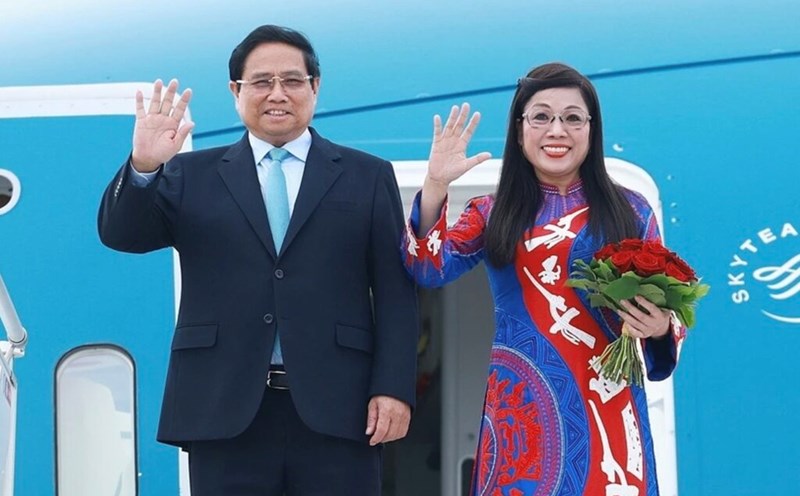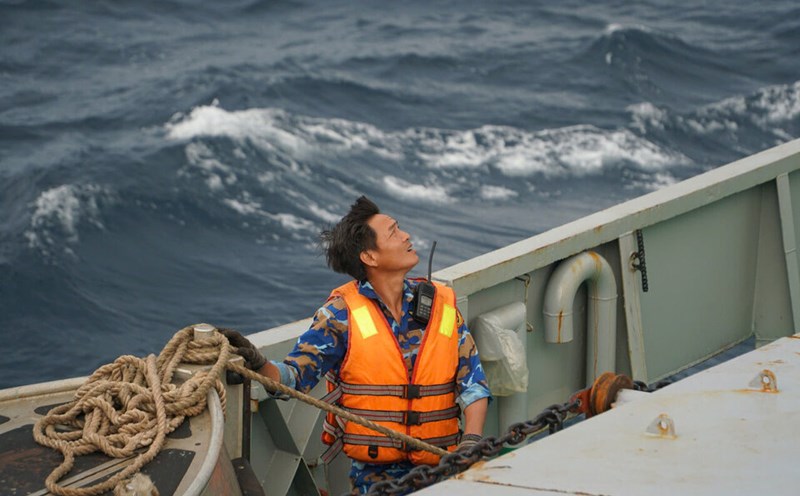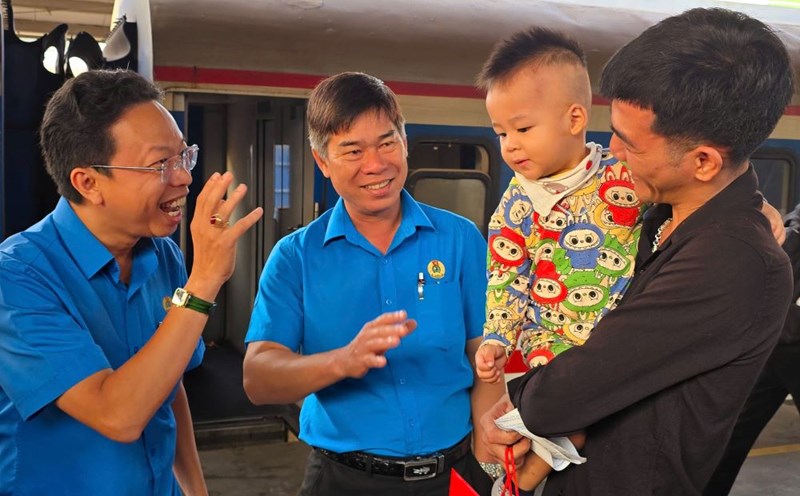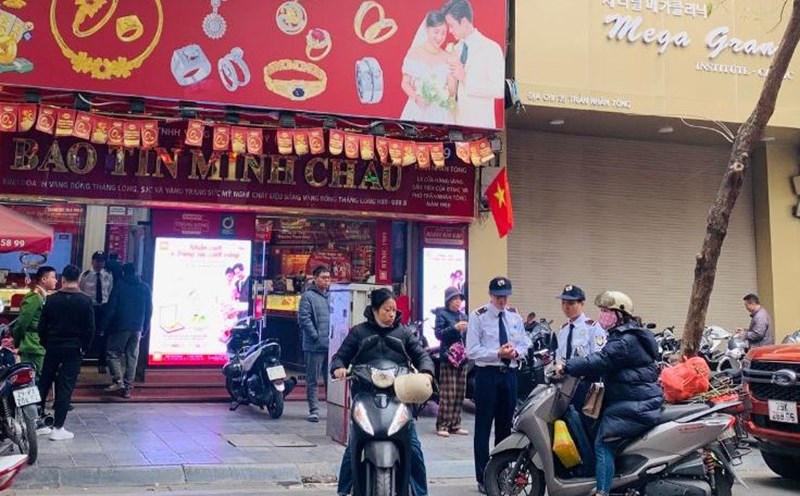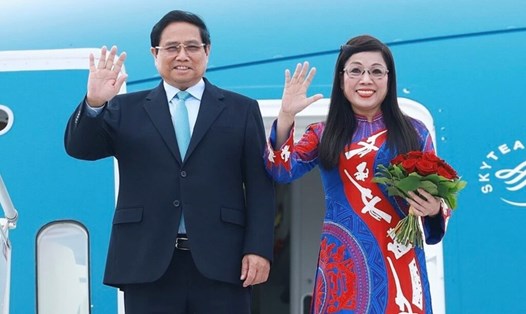According to VNA, during his official visit to the Czech Republic, on the afternoon of January 18 local time, in Prague, Prime Minister Pham Minh Chinh received Ms. Katerina Konecna, Chairwoman of the Communist Party of Czech-Morava; received Chairman of the Czech-Vietnam Friendship Association Milos Kusy; and met with the Vietnamese community in the Czech Republic.
At the reception for the Chairman of the Communist Party of Czech-Morava, the Prime Minister affirmed that in its overall foreign policy, Vietnam attaches importance to and wishes to strengthen the traditional friendship and multifaceted cooperation with the Czech Republic, supports the spirit of great solidarity of the Czech people and parties, and contributes to an environment of peace, stability, cooperation and development in the two regions and the world.
Thanking the Czech Republic for recognizing the Vietnamese community in the Czech Republic as an ethnic minority, the Prime Minister asked the Communist Party of Czech-Morava to support the Czech authorities at all levels to continue creating favorable conditions for the Vietnamese community in the Czech Republic to contribute more actively to the local socio-economy; and to promote the Czech Government to have a more open visa policy for Vietnamese citizens.
In particular, the Prime Minister suggested that as a member of the European Parliament, Ms. Katerina Konecna influence the remaining countries in the EU to ratify the Investment Protection Agreement between Vietnam and the European Union (EVIPA), as well as influence the EC to remove the IUU yellow card for Vietnamese seafood.
Receiving President of the Czech-Vietnam Friendship Association Milos Kusy, the Prime Minister said that this visit aims to further strengthen the traditional friendship between Vietnam and Czech Republic in all fields and further tighten the friendship between the two nations; he asked the Friendship Association to continue supporting and promoting the Vietnam-Czech relationship to become increasingly deeper, more substantive and effective.
At the meeting with the staff of the Embassy and the Vietnamese community in the Czech Republic, the Prime Minister expressed his delight at the continuous growth and development of the Vietnamese community in the Czech Republic, affirming its position and role in the host country, demonstrating the capacity and intelligence of Vietnamese people, living and working in accordance with the law, many people have become rich and the Vietnamese intellectual community has also developed. Notably, the Vietnamese community in the Czech Republic is the first Vietnamese community in the world to be recognized by countries as a legal minority. This is thanks to the efforts of the political system under the leadership of the Party, diplomatic agencies and the community.
Vietnamese Ambassador to the Czech Republic Duong Hoai Nam reported that the Czech Republic currently considers Vietnam a priority partner, a gateway to the Asia-Pacific region. Bilateral trade has increased rapidly, doubling on average every 5 years, reaching 2.9 billion USD in 2023 and 3.8 billion USD in 2024. The Czech Republic is the first country in the EU to ratify the EVIPA.
The Prime Minister emphasized that the world has changed a lot but the relationship between Vietnam and the Czech Republic has not been affected, the long-standing tradition has been increasingly consolidated and enhanced, and is developing better and better. During the visit, the Prime Minister is expected to ask the Czech authorities at all levels to continue to create more favorable conditions for the Vietnamese community to live, study, work, and integrate further into the local society, maximize their abilities, and contribute to the development of the Czech Republic and the friendly relations between the two countries.
The Prime Minister said that it is necessary to make the most of the space, development space, distinct potential, outstanding opportunities, and competitive advantages in the relationship between the two countries. Along with promoting the EVFTA, it is necessary to promote the ratification of the EVIPA Agreement, have appropriate visa policies, labor policies, and nationality regulations, and promote transport connectivity.

